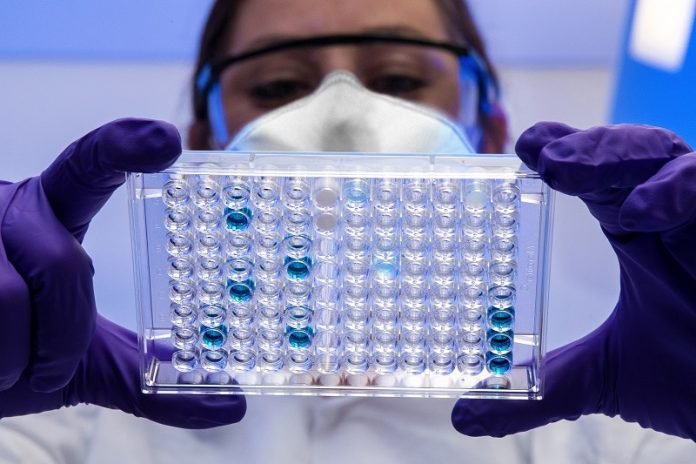
Every year, suicide takes the lives of more than 800,000 people worldwide.
It contributes to at least 15% of all global deaths due to injury.
Identifying the risk and taking effective prevention measures are the focus of the suicide study.
Is the suicide linked to some genes?
In a new study from The Translational Genomics Research Institute, researchers found that gene expression studies could offer insights into the underlying causes of suicide.
Previous studies have shown that there are statistically significant genomic associations among patients with mood disorders.
In the current study, the researchers try to increase the predictive nature of risk models by integrating biological information from different studies conducted on a wide range of brain regions.
The team examined brain tissue samples from 380 individuals—141 who died by suicide, and 239 who died of other causes.
They found reduced expression of five key genes—KCNJ2, AGT, PMP2, VEZF1 and A2M—in the samples from individuals who died by suicide.
The five genes are all potentially linked to relevant alterations in molecular and cellular mechanisms.
For example, previous studies have linked A2M to Alzheimer’s disease and neurocognitive decline.
These molecular targets have potential for follow-up analysis and implementation in risk prediction models.
In other words, the five genes may provide benefit toward helping prevent suicide.
If you care about mental health, please read studies about depression drugs that may lead to higher death risk, and best depression treatment in people with heart disease.
For more information about mental health, please see recent studies about depression drug that could reduce PTSD symptoms rapidly and persistently, and results showing this nutrient in your diet may help fight depression.
The study was conducted by Ignazio S Piras et al., and published in European Neuropsychopharmacology.



